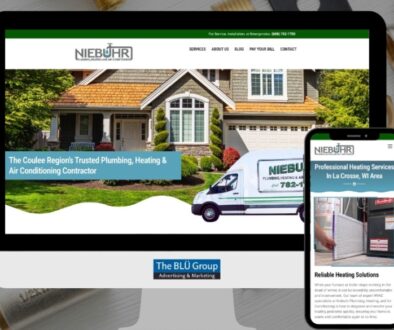Social Media Automation: What Works and What Doesn’t
Businesses can benefit from social media automation. With billions of people using Facebook, Instagram and other online channels at present, social media automation applications can save precious time and money while also enhancing business strategies.
By commanding a system to do multiple functions at the same time, marketers are able to maximize their tasks, increasing one’s productivity and work efficiency. However, when done the wrong way, social media automation can cost you more than what you have gained. If an automated platform, for example, sends pre-made responses to the wrong customers, it may be seen as an act of insincerity and neglect, which can damage a brand’s good reputation.
A Significant Contribution to Business
The contribution of social media automation is essential for business. Personalized responses, targeted messaging, and/or being first in the lead are beneficial offers that can make a difference in business processes. But you should be cautious. Just because social media automation guarantees convenience and sales conversions, it doesn’t mean that one should automate their entire marketing system. Inappropriate responses, accidental spamming, and responding to customers with their pet peeves can lead to a quick online backslash.
It doesn’t have to be this way, especially if you can take control. What should you do to avoid such mishaps? Learn how social media automation works and when it’s ideal to use.
Social Media Automation and Its Benefits to Business
Social media automation apps make daily work processes relatively easier and faster. What can usually be done in an hour or two can be accomplished in just a few minutes.
Here are a few social media automation apps that can help you out:
Buffer & Hootsuite – queues social media updates and instantly posts them anytime you want
Mention – collects all social media posts and website sources that mentioned your brand online
Feedly and Scoop.it – suggest relevant content, which you can share or get inspiration from
These applications can communicate through systems—without manual operation but useless time—making them necessary for a business and its various departments.
The Disadvantages
We know that unlike humans, social media automation apps are not capable of formulating genuine responses. They only answer according to what have been programmed, resulting in responses that do not and cannot suit every customer inquiry. Arguably, this is a problem often overlooked by businesses.
Leaving customer satisfaction to auto-response systems may only upset consumers. With today’s demands and swift innovation, customers tend to dislike canned responses, especially those that delay real reports and/or solutions.
Businesses should avoid this. There is nothing better than providing a personal response that will make customers feel regarded and special. Responding to your customers with their pet peeves is the last thing you would want; you’re only lucky if they’re sport enough to make jokes out of them.
Manual vs. Automated
There are specific solutions that cater differently to different social media issues. There are times when it’s okay to automate your posts and responses, and there are also times that it’s not. When choosing between manual and automated, think about each feature’s capabilities, limitations, and most of all, the satisfaction it can provide to customers. Let’s break it more specifically below.
Automated You Say? If you wish to provide a more genuine response to customers—answers that specifically cater to their needs and your company’s branding—then automation is not for you. Remember that social media automation apps can only generate the same answer—those you have provided for its system. By sending templated responses that do not suit their queries, you put them in a common place, which can make them feel insignificant.
Keep automation apps away from comments and messaging sections. Don’t let bots do all the talking. Any form of speech should be provided by a representative who knows the company well.
Doing It Manually. Here comes the positive side of this feature. Social media automation is great when assisting tasks such as looking for content suggestions, auto-publishing and searching for brand mentions. It plays a huge part in a company’s productivity by reducing the time and energy that a marketer pours into work. Keep in mind that social media automation apps should enhance your productivity not judge and understand customer reactions. Let them click buttons, let them bring you options, and let them show you what has been discovered—but never let them answer what they cannot.
Conclusion
Social media automation maximizes three major aspects of productivity: energy, time, and resources. Posting and monitoring have never been easier until social media automation came into being. There are many functions social media automation provides, but not all of them are right for your business. Know what applications to use—and how you can use them properly—for your business. You’ll see your marketing efforts skyrocket in no time.
Source: Ducktapemarketing.com




